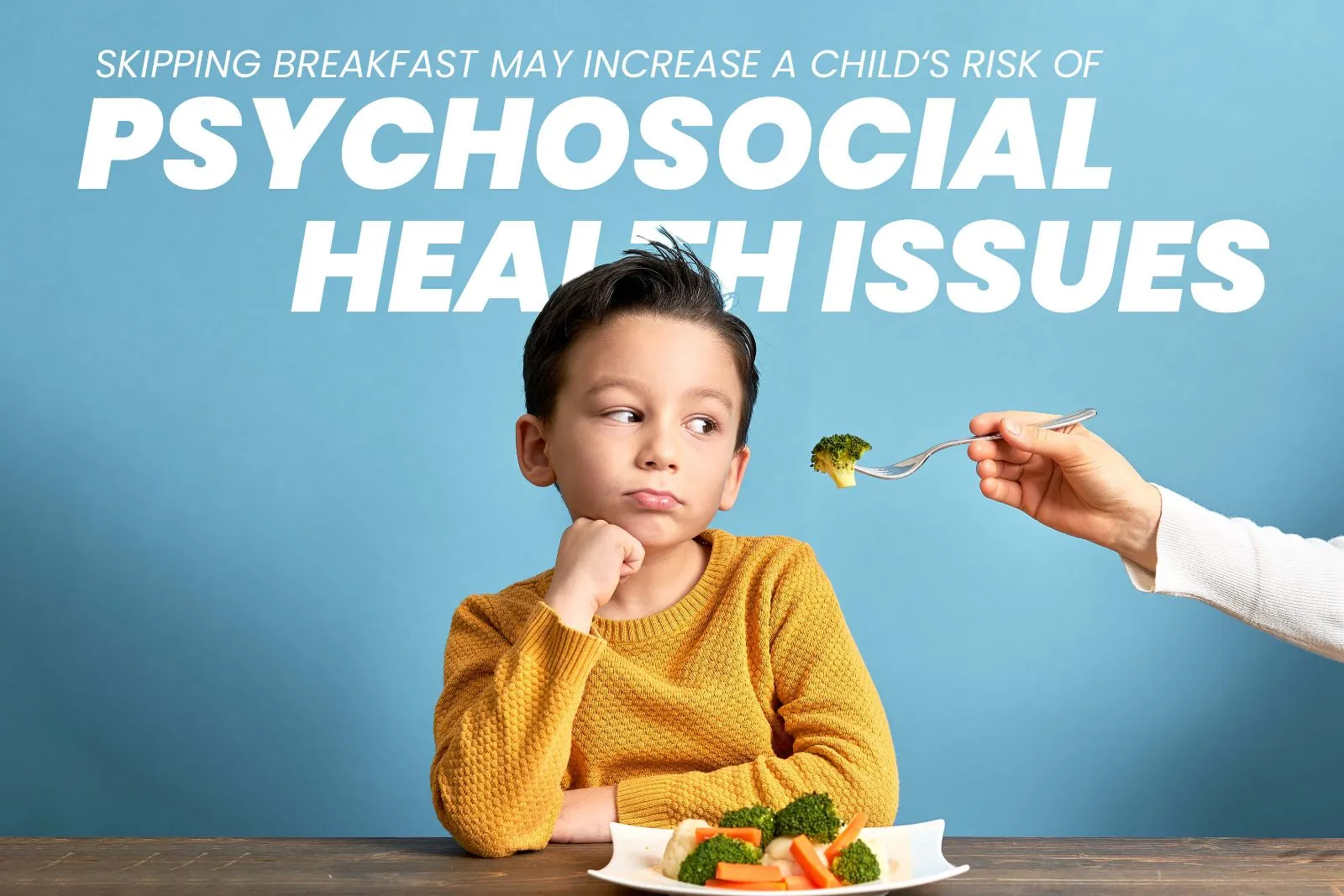Washington: A recent study found that young people’s psychosocial health improves when they eat healthy breakfasts at home. This study is the first to examine the reported effects of whether or not children eat breakfast, and where and what they eat. Previous studies have demonstrated the value of a nutritious meal. These findings offer crucial insights and suggestions to parents and kids.
The journal Frontiers in Nutrition published the study’s findings.
According to the first author Dr Jose Francisco Lopez-Gil of the University of Castilla-La Mancha in Cuenca, Spain, “our results suggest that it is not only important to eat breakfast, but that it’s also important where young people eat breakfast and what they eat.” “In children and adolescents, skipping breakfast or eating it away from home is linked to an increased risk of psychosocial, behavioural issues. Similarly, consuming particular foods or beverages is linked to either higher (processed meat, for example) or lower (dairies, cereals, for example) odds of psychosocial, behavioural issues.”
Breakfast is important
In this study, Lopez-Gil and his associates examined information from the Spanish National Health Survey conducted in 2017. This study included questionnaires about children’s psychosocial health, including traits like self-esteem, mood, anxiety, and breakfast habits. 3,772 Spanish citizens aged four to fourteen participated in the survey, which was filled out by the parents or guardians of the children. The team led by Lopez-Gil discovered one of the most significant findings: skipping breakfast altogether was nearly as harmful as eating it away from home. The authors speculate that this might be because eating out is frequently less nutrient-dense than eating at home.
The findings also revealed that consuming foods like coffee, milk, tea, chocolate, cocoa, yoghurt, bread, toast, cereals, and pastries have a lower likelihood of behavioural issues. Unexpectedly, higher risks of these problems were associated with eggs and cheese.
Beyond dietary
This study only looked at Spain, but the results are in line with other studies that have been done. If there were healthy breakfast options available in schools, likely have an impact on some areas’ outcomes. However, other elements, such as the familial and social support young people can experience while eating breakfast at home, could also contribute to the practical advantages. The authors recommend using these findings even though they emphasise the need for more research to comprehend their observations’ cause-and-effect relationships fully.
The finding of our study is a novel one, according to Lopez-Gil: “Eating breakfast away from home is associated with greater psychosocial health problems.” “Our findings support the need to promote breakfast as a home meal and as a component of a healthy lifestyle routine. A breakfast that includes dairy and cereals while limiting certain animal foods high in saturated fat and cholesterol may also help to prevent psychosocial health issues in young people.”





